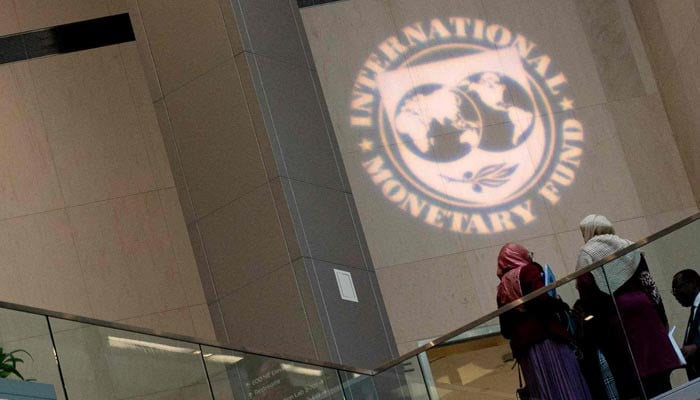International Monetary Fund (IMF) Resident Representative for Pakistan Esther Perez Ruiz Thursday said it is essential for the country to pass a budget that meets the programme objectives to revive the loan facility stalled for months.
“As communicated to the authorities, there can be one remaining Board meeting under the current EFF in end-June,” Ruiz said in an email response to Reuters.
She further said: “To pave the way for a final review under the current EFF, it is essential to restore the proper functioning of the foreign exchange market, pass an FY24 Budget consistent with programme objectives, and secure firm and credible financing commitments to close the $6 billion gap ahead of the Board.”
Highlighting the IMF’s broad expectations for the upcoming budget, the official said: “The focus of discussions over the FY24 budget is to balance the need to strengthen debt sustainability prospects while creating space to increase social spending.”
“More such spending would defray the impact of inflationary pressures on Pakistan’s most vulnerable people,” Ruiz said.
Shehbaz Sharif-led government is hoping to find a balance between reforms to satisfy the Washington-based lender and measures to win over voters in an imminent election in its budget to be announced tomorrow, analysts said.
Pakistan’s IMF programme runs out this month with about $2.5 billion in funds yet to be released as it struggles to strike an agreement with the lender, as it grapples with record inflation, fiscal imbalances and low reserves.
A general election is due by November, which the government will be hoping will end turmoil arising from a protest campaign Pakistan Tehreek-e-Insaf (PTI) chairman has led since he was ousted in a no-confidence vote last year.
Former finance minister Miftah Ismail said it was essential for the government to secure IMF funding so there was little chance of an expansionary budget.
“Without the IMF, it would be very difficult for Pakistan to survive the next fiscal year, so I’m sure the government will come up with a budget that is more or less in line with IMF prescriptions,” Miftah said.
A staff-level IMF agreement to release $1.1 billion of a $6.5 billion package has been delayed since November.
The funds are crucial for Pakistan to avert a balance of payments crisis, and most analysts believe that even after the expiry of the current programme, Pakistan will have to seek a bailout in the upcoming fiscal to avert defaulting on debt obligations.
Central bank reserves can cover imports for about a month.
Inflation surged to 37.97% in the country of 220 million people in May, a record for the second consecutive month and the highest rate in South Asia.
On Tuesday, the planning minister announced that budget targets for development spending would be 1,150 billion rupees ($4.02 billion) in the new fiscal year, while inflation for the year is projected at 21%.
With the general election looming, some analysts believe the government will announce vote-winning measures on Friday, even if the promises have to be scaled back later.
Fahad Rauf, head of research at the Karachi-based brokerage Ismail Iqbal Securities, said he expected a pay rise for government employees and a package for the agriculture sector, with more of a burden being piled on an already narrow tax base, and few if any, meaningful steps to broaden it.
“Banks and taxed industries will continue to feel the heat,” Rauf said, adding that he thought a so-called super tax of 10% on more than 15 sectors would be levied again, even though the government said last year it was a one-off payment.
A year ago, the government set a total expenditure target of Rs9.5 trillion for the 2022-23 year from Rs8.49 trillion the year plans had to be scaled back after IMF discontent.
Rauf said he expected a repeat of that this year.
Independent economist Sakib Sherani said he too believed the budget would be full of populist pre-election measures that would be unlikely to survive the July-September quarter, given the necessity of more IMF support.

